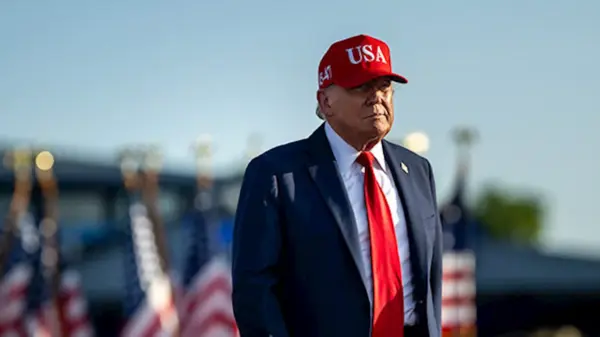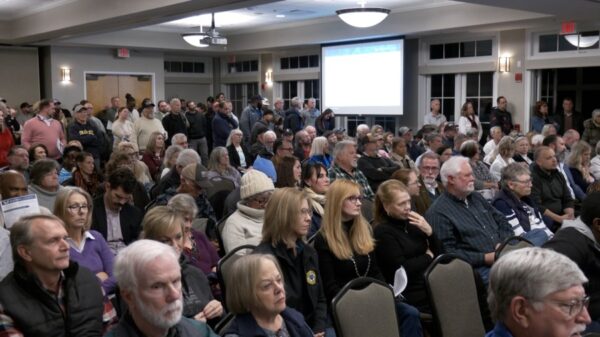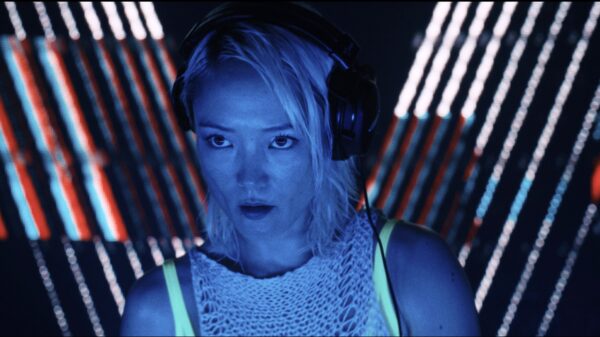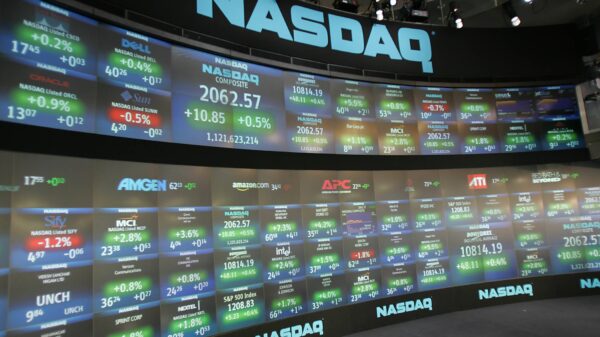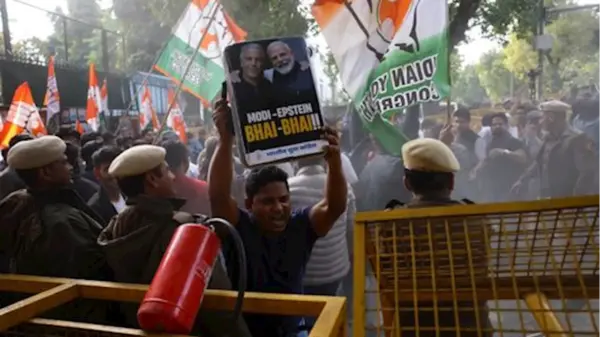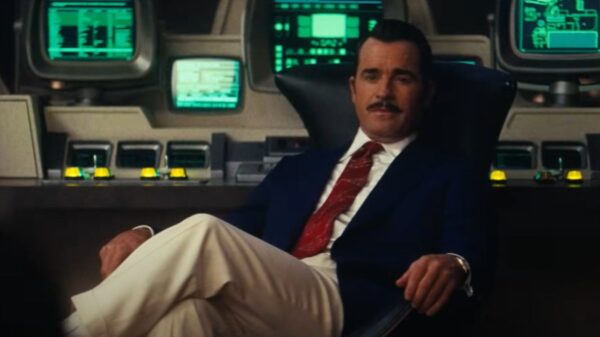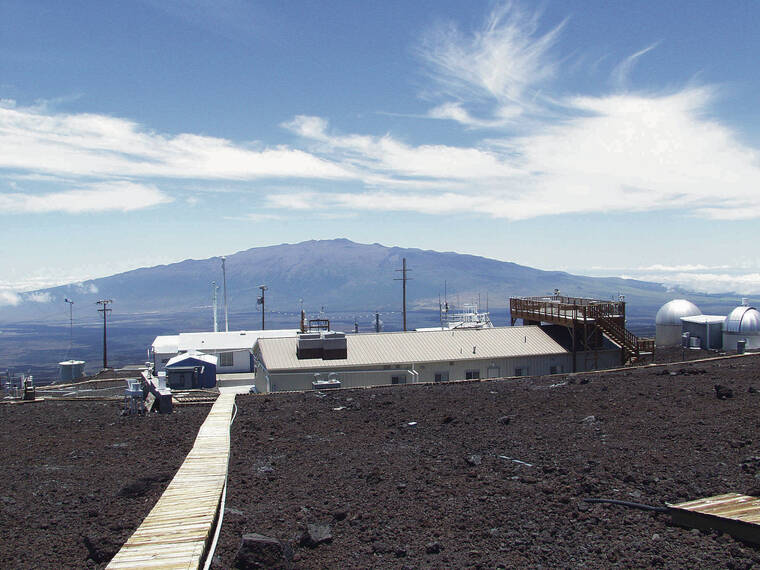The Trump administration has proposed closing the nearly 70-year-old Mauna Loa Observatory, a vital facility for measuring atmospheric concentrations of carbon dioxide and other greenhouse gases. This plan involves shutting down the National Oceanic and Atmospheric Administration (NOAA) office that supports the observatory’s critical research.
In response to this significant move, Hawaii’s U.S. Senator Mazie Hirono and U.S. Representatives Jill Tokuda and Ed Case have voiced strong opposition. They introduced a resolution last week that emphasizes the observatory’s historical importance and scientific contributions.
Importance of Mauna Loa Observatory
Established in 1958, the Mauna Loa Observatory has become the world’s leading site for atmospheric measurement and research. According to Ed Case, “Since 1958, our Mauna Loa Observatory has been the world’s premier atmospheric measurement and research facility.” He emphasized that closing the observatory would deprive atmospheric scientists of essential data needed to study climate change, a challenge that he described as “the threat of our age.”
Scientists at the observatory have provided invaluable data that has shaped global understanding of climate patterns and greenhouse gas concentrations. The observatory’s location on the Big Island of Hawaii offers unique advantages, including clean air and high altitude, making it an ideal site for atmospheric research.
Political Response and Future Implications
The potential closure of the Mauna Loa Observatory has sparked a broader discussion about the future of climate research in the United States. Lawmakers are concerned that this decision could undermine decades of scientific progress and hinder efforts to combat climate change.
In light of this proposal, both Hirono and Tokuda have joined Case in advocating for the observatory’s continued operation. They argue that preserving this facility is crucial for maintaining the integrity of climate research, which informs policy decisions affecting environmental health globally.
As the debate unfolds, the fate of the Mauna Loa Observatory remains uncertain. The observatory’s closure would not only impact scientific research but also the broader fight against climate change, which relies heavily on accurate and comprehensive data.
The Mauna Loa Observatory stands as a testament to the importance of long-term scientific research, and its future hangs in the balance as lawmakers push back against the administration’s plan.

